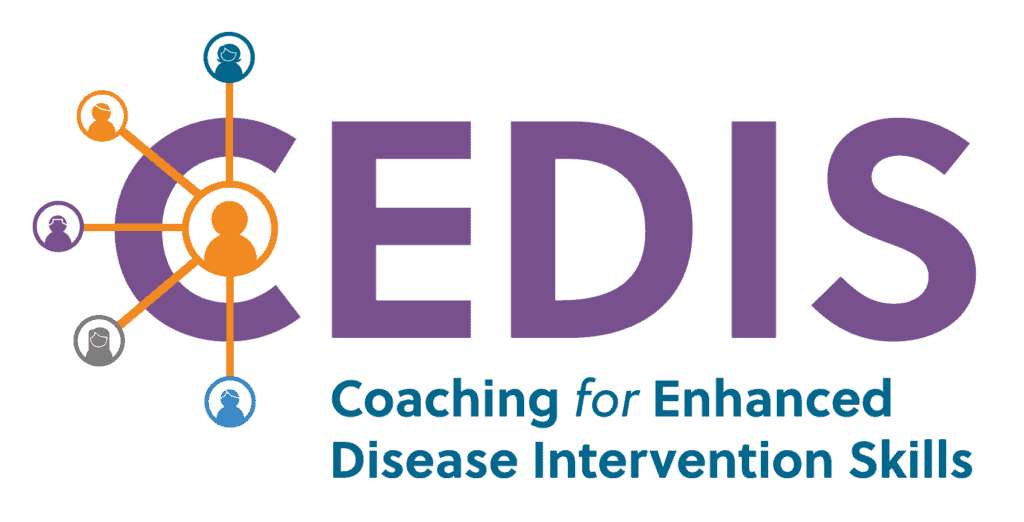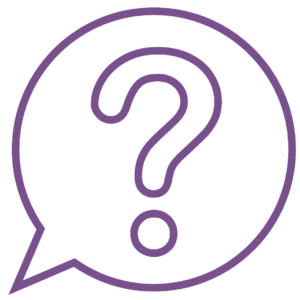This website uses cookies so that we can provide you with the best user experience possible. Cookie information is stored in your browser and performs functions such as recognizing you when you return to our website and helping our team to understand which sections of the website you find most interesting and useful.

The CEDIS program is not accepting applications at this time. Following a successful inaugural year, the CEDIS program is on hold until further notice as we work on improving materials and processes to expand availability to a wider audience of Disease Intervention professionals in the future. Please keep an eye out for updates from the CDC Division of STD Prevention.
About CEDIS
The Coaching for Enhanced Disease Intervention Skills (CEDIS) program builds skills in interviewing, rapport-building, problem-solving, and cultural humility by matching experienced Disease Intervention (DI) professionals (coaches) to newer DI professionals (participants) for an eight-week coaching program. CEDIS is a cohort-based program. Application periods for new coaches and participants take place throughout the year.
DI professionals are defined as any public health professional who conducts the full scope of DI activities, including, but not limited to: client-centered interviews, collection of enhanced surveillance and community assessment data, partner services, contact tracing, directly observed therapy, field specimen collection, field investigation in outbreaks and in emergency preparedness, community outreach, collaboration with medical providers, linkage to care, and navigation of health care systems to ensure patient evaluation and treatment.
Coaches

CEDIS coaches are experienced DI professionals with at least three years of current or prior frontline DI work experience. In addition to helping to build the next generation of DI professionals, being a coach is a professional development opportunity.
Participants

Participants who receive coaching are newer DI professionals who have completed the onboarding and training required for their role and who are actively conducting STI and/or HIV DI work. To participate in the CEDIS program, newer DI professionals must be nominated by their health department.


